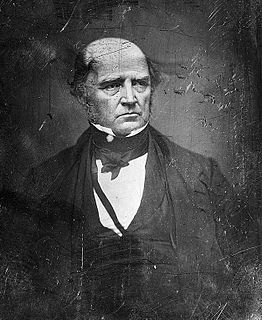A Quote by Seneca the Younger
Certain laws have not been written, but they are more fixed than all the written laws.
Related Quotes
Even when laws have been written down, they ought not always to remain unaltered. As in other sciences, so in politics, it is impossible that all things should be precisely set down in writing; for enactments must be universal, but actions are concerned with particulars. Hence we infer that sometimes and in certain cases laws may be changed.
Laws, it is said, are for the protection of the people. It's unfortunate that there are no statistics on the number of lives that are clobbered yearly as a result of laws: outmoded laws; laws that found their way onto the books as a result of ignorance, hysteria or political haymaking; antilife laws; biased laws; laws that pretend that reality is fixed and nature is definable; laws that deny people the right to refuse protection. A survey such as that could keep a dozen dull sociologists out of mischief for months.
I think that there are non-physical laws all right: genuine (if not strict) laws written in the language of biology, economics, and so on. But I don't regard that as a contentious issue. Even reductionists about chemistry will think that there are special chemical laws whose formulation makes essential use of chemical terminology.
The more we know of the fixed laws of nature the more incredible do miracles become, - that the men at that time were ignorant and credulous to a degree almost incomprehensible by us, - that the Gospels cannot be proved to have been written simultaneously with the events, - that they differ in many important details, far too important as it seemed to me to be admitted as the usual inaccuracies of eye-witnesses; - by such reflections as these... I gradually came to disbelieve in Christianity as a divine revelation.
A strict observance of the written laws is doubtless one of the highest virtues of a good citizen, but it is not the highest. The laws of necessity, of self-preservation, of saving our country when in danger, are of higher obligation. To lose our country by a scrupulous adherence to written law would be to lose the law itself, with life, liberty, property and all those who are enjoying them with us; thus absurdly sacrificing the end to the means.




































